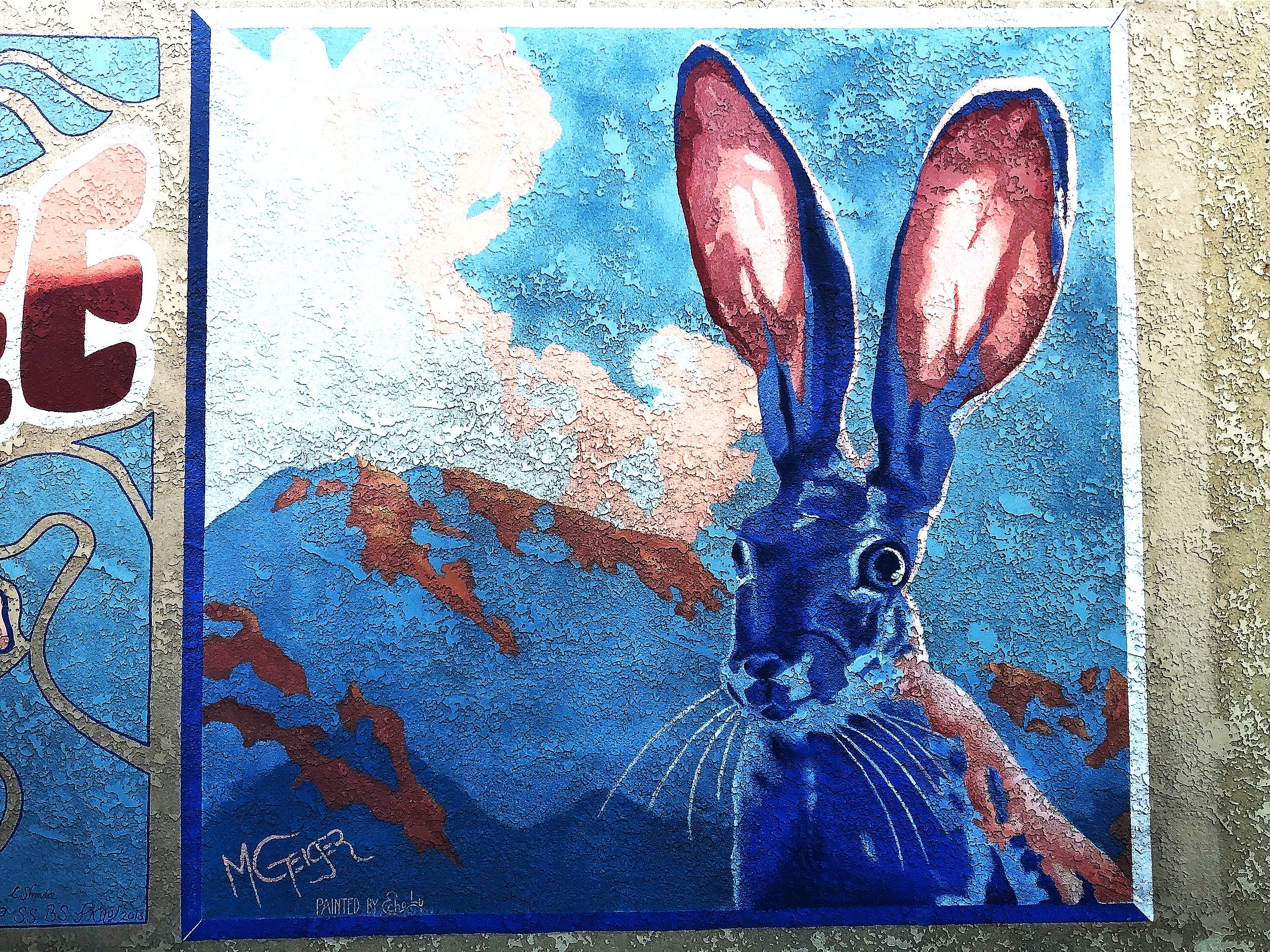“We need another and a wiser […] concept of animals. Remote from universal nature and living by complicated artifice, man in civilisation surveys the creature through the glass of his knowledge and sees thereby a feather magnified and the whole image in distortion. We patronise them for their incompleteness, for their tragic fate for having taken form so far below ourselves. And therein do we err. For the animal shall not be measured by man. In a world older and more complete than ours, they move finished and complete, gifted with the extension of the senses we have lost or never attained, living by voices we shall never hear. They are not brethren, they are not underlings: they are other nations, caught with ourselves in the net of life and time, fellow prisoners of the splendour and travail of the earth.”
— Henry Beston, The Outermost House (1928)
“It is terrible to see how a single unclear idea, a single formula without meaning, lurking in a young man's head, will sometimes act like an obstruction of inert matter in an artery, hindering the nutrition of the brain, and condemning its victim to pine away in the fullness of his intellectual vigor and in the midst of intellectual plenty. Many a man has cherished for years as his hobby some vague shadow of an idea, too meaningless to be positively false; he has, nevertheless, passionately loved it, has made it his companion by day and by night, and has given to it his strength and his life, leaving all other occupations for its sake, and in short has lived with it and for it, until it has become, as it were, flesh of his flesh and bone of his bone; and then he has waked up some bright morning to find it gone, clean vanished away like the beautiful Melusina of the fable, and the essence of his life gone with it. I have myself known such a man; and who can tell how many histories of circle-squarers, metaphysicians, astrologers, and what not, may not be told in the old German story?”
— Charles Peirce, “How to Make Our Ideas Clear” (1878)
“Ranke once expressed the wish to extinguish his own self in order to make himself the pure mirror of all things, in order to see the events in the way in which they actually occurred. It is clear, however, that this paradoxical statement was intended as a problem, not as a solution. If the historian succeeded in effacing his personal life he would not thereby achieve a higher objectivity. He would on the contrary deprive himself of the very instrument of all historical thought. If I put out the light of my own personal experience I cannot see and I cannot judge of the experiences of others. Without a rich personal experience in the field of art no one can write a history of art; no one but a systematic thinker can give us a history of philosophy.”
— Ernst Cassirer, An Essay on Man (1944)
“The layman may wonder why a biologist is content to devote 50 years of his life to the study of bees and minnows without ever branching out into the research on, say, elephants, or at any rate the lice of elephants or the fleas of moles. The answer to any such question must be that every single species of the animal kingdom challenges us with all, or nearly all, the mysteries of life. Working on minnows in the winter and bees in the summer I have not so far run out of problems to investigate. By deliberately restricting ourselves to a very few carefully chosen experimental animals we end up knowing our subjects very well indeed. Without this familiarity we should not be in a position to interpret their behavior under experimental conditions— just as the family doctor of old was able to notice and diagnose the slightest ailments of his patients because he knew them so well. ”
— Karl von Frisch, A Biologist Remembers (Original German 1957/ English Translation 1967)
“Problems in general are often well posed in terms of language and language remains a handy tool for explaining them. But the actual process of thinking—in any discipline—is largely an unconscious affair. Language can be used to sum up some point at which one has arrived—a sort of milepost—so as to gain a fresh starting point. But if you believe that you actually use language in the solving of problems I wish that you would write to me and tell me how you go about it.”
— Cormac McCarthy, “The Kekulé Problem” (2017)
“So I have now adopted three rules, which have basically saved my philosophical soul. These are Thi’s Totally Personal Criteria for whether a paper’s worth writing or not:
The basic idea of the paper should be sufficiently interesting to make me laugh with delight.
The argument of the paper should be elegant.
The idea of the paper might actually help people in, like, the real world.
If a paper idea doesn’t meet at least one of those three, it goes in the trash immediately. And papers should probably meet at least two of these, before I’ll really put effort into it.”
— Thi Nguyen, “On Starting Papers, or: How I Got over Professional Despair and Learned to Love Philosophy Again” (2019)
“Trees are of a benevolence that gives them standing, and that benevolence has even inspired philosophers to speculate about whether or not trees have rights. Nonetheless, trees don’t answer in the ways animals do, and most of the animate creation doesn’t answer as loyally and with as much respect for the details of the human landscape as dogs, cats and horses do. It is then the sacredness of answering, for a trade as lonesome and threatened most of the time as ours is, that makes animals matter.”
— Vicki Hearne, Adam’s Task: Calling Animals by Name (1986)
